Coup leader thanks predecessor for submarine fleet
Coup leader Senior General Min Aung Hlaing has praised his predecessor former military dictator Than Shwe, describing him as the person who laid the foundations for Myanmar’s first submarine unit.
It was because of Than Shwe that the Myanmar Navy was ready to establish a submarine unit, said the coup leader as he attended a ceremony in Yangon on December 24 to commission the Myanmar military’s second submarine. The commissioning ceremony was timed to coincide with the 74th anniversary of the founding of the Myanmar Navy.
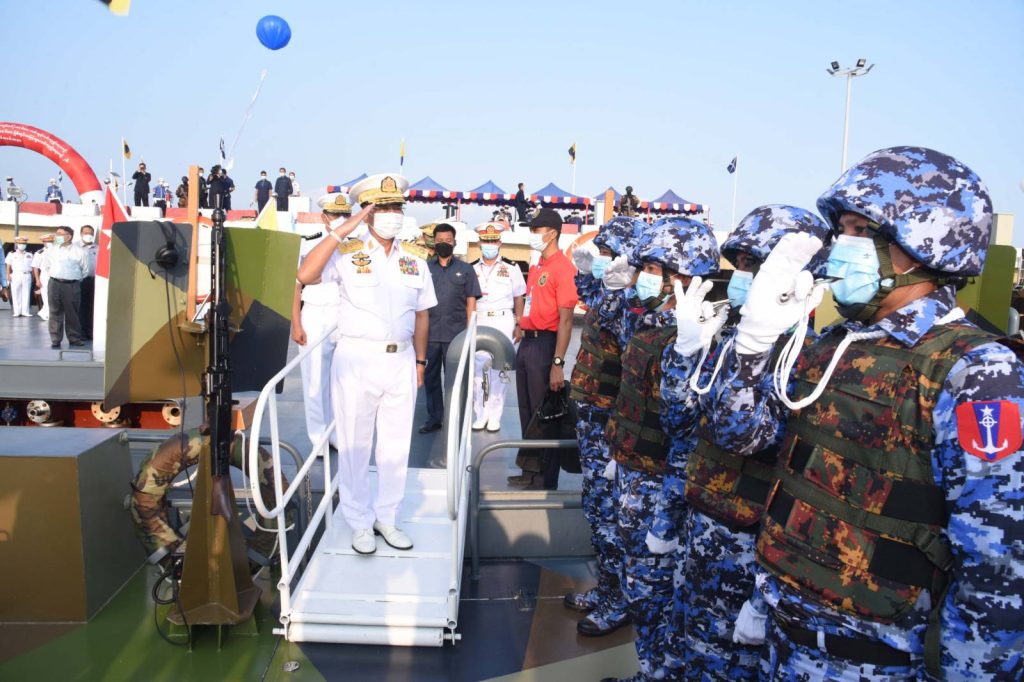
“A day to supplement the Tatmadaw [Myanmar military] with a new remarkable capacity,” said Snr-Gen, Min Aung Hlaing, who took the opportunity to express his gratitude to Than Shwe who handpicked him as his successor in 2011.
In March, the coup leader had statues of former military chiefs including his mentor Than Shwe unveiled at the military museum in the Myanmar capital Naypyitaw “as a gesture of honoring them.”
Junta-controlled newspapers also reported that Than Shwe and his wife offered meals to senior Buddhist monks in November. The former military strongman has rarely appeared in public or the media since 2011.
The navy’s second submarine, named Min Ye Kyaw Htin, is a Ming Class Type 035 diesel electric submarine and was bought from China. It is not clear if it is new or a second-hand model. The commissioning ceremony was also attended by China’s Ambassador to Myanmar Chen Hai.
In 2020, the military bought its first submarine, a second-hand one, from India. It is a Russian-manufactured Kilo Class submarine and is named Min Ye Thein Kha Thu.
As well as the latest addition to the submarine fleet, four patrol boats and a vessel built by the Myanmar Navy were deployed at the ceremony.
Junta continues to deny its atrocities
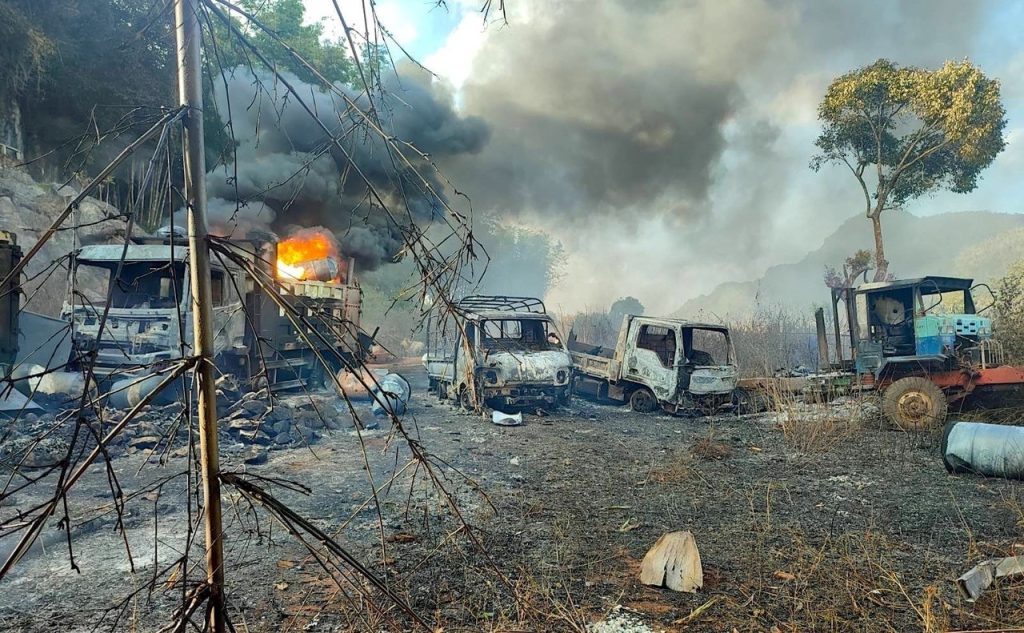
Around 35 civilians, including women and children, were killed and then set on fire in seven vehicles by junta soldiers on December 24 near Moso village in Hpruso Township, Kayah State.
The incident is not unprecedented, given the fact that the military has long committed serious atrocities in ethnic areas. But the regime reveals its extreme arrogance by continuing to commit atrocities and then steadfastly denying its violence, while the whole country and international community are watching.
As usual, the junta said the victims were terrorists and trainees undergoing military training to commit acts of terror.
The massacre happened after an hour-long battle between junta troops and the Karenni Nationalities Defense Force (KNDF). Soldiers detained villagers near Moso and burned them along with seven vehicles and five motorbikes, according to the KNDF, which was formed after the coup to resist military rule.
The ethnic military alliance of the Myanmar National Democratic Alliance, Ta’ang National Liberation Army and the Arakan Army has condemned the massacre. The United Nations has also condemned the incident and called for an investigation into the killings.
Junta leader celebrates Christmas while bombing churches
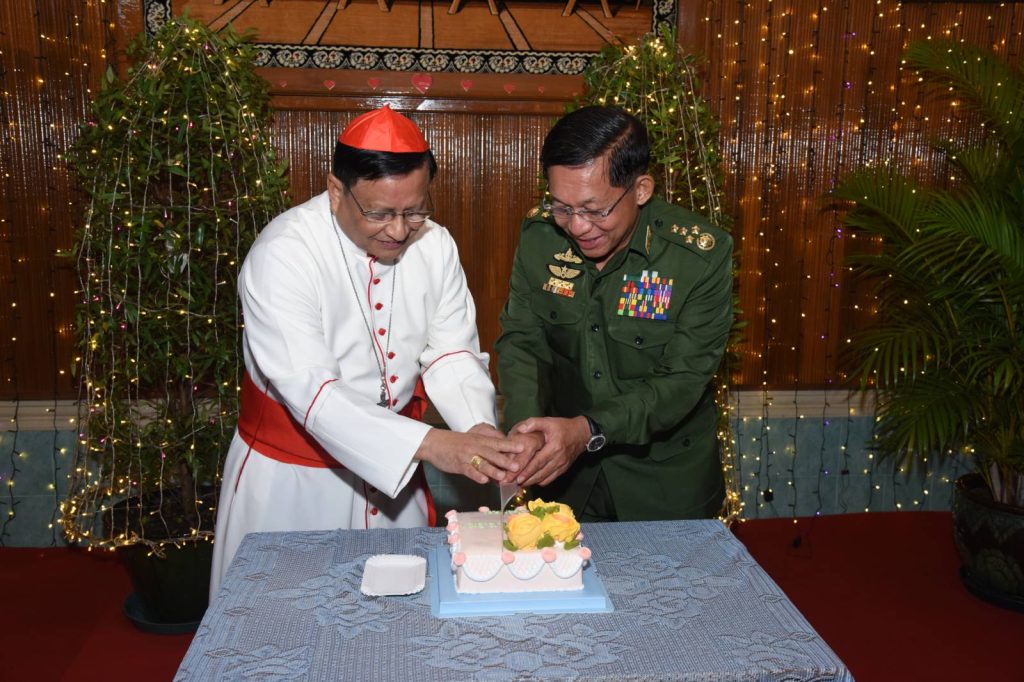
Snr-Gen Min Aung Hlaing sent military officers to make donations to Christian churches on Christmas Day. He also presented gifts to Christian soldiers in the Myanmar military and said prayers along with them, according to the military’s mouthpiece, the Myawaddy Daily newspaper.
The coup leader has also used Cardinal Charles Maung Bo, the Catholic Archbishop of Yangon, for regime propaganda. On December 23, Snr-Gen Min Aung Hlaing attended a ceremony to mark Christmas at the archbishop’s church in Yangon. That led to Cardinal Charles Maung Bo being widely criticized on social media and by Christian communities, after pictures of him cutting a cake along with the coup leader were circulated,
While junta-controlled newspapers have been busy exaggerating their leader’s support for Christianity in Myanmar, dozens of churches in ethnic areas have been damaged by junta artillery strikes since the coup. Thousands of ethnic people, many of whom are Christians, were forced to flee junta assaults and air raids, and so could not celebrate Christmas at home.
Businessman supplies arms to Myanmar military
Anonymous open letters from former Myanmar military officers since the coup have accused the Kyaw Thaung family of procuring weapons for the military. An investigative report in the New York Times recently revealed how Jonathan Kyaw Thaung’s family business is helping the military avoid scrutiny by Western governments.
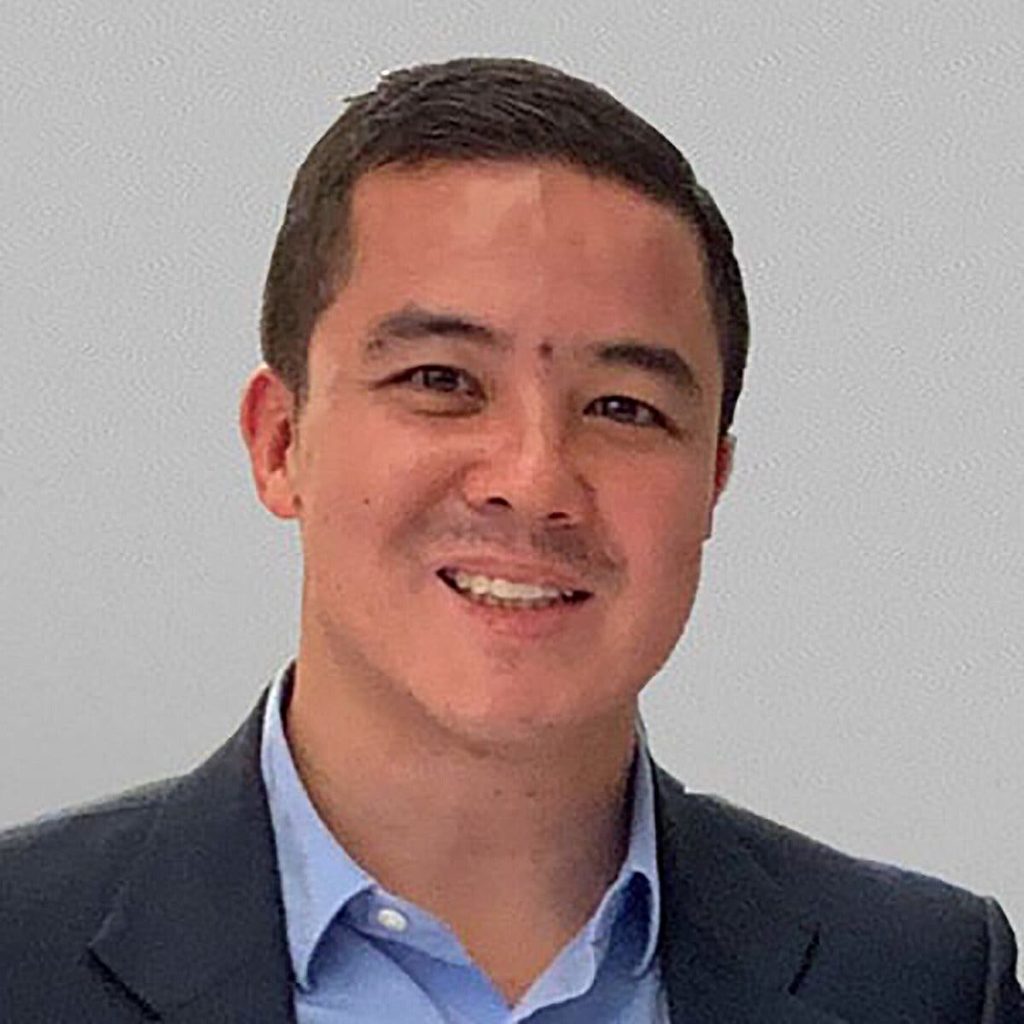
In 2015, the Singapore branch of a Kyaw Thaung company signed a deal to supply the military with a coastal radar technology system made by Thales, an arms manufacturer partly owned by the French government. The surveillance system, called Coast Watcher 100, was believed to be used for military purpose during the exodus of Rohingya refugees in 2016-2017.
MWG, a Kyaw Thaung aviation company, has reportedly purchased a US$2.16 million (3.8 billion kyats) European-made helicopter from Brazil for the Myanmar military, using falsified paperwork to make it appear to be for civilian use.
In 2017, MGW also arranged the purchase of two Fokker planes from an arm of KLM Royal Dutch Airlines. The planes are now used to transport high-ranking military officials. In September, one flew to Moscow just as the deputy junta leader visited Russia.
Kyaw Thaung’s KT Group handled the import from Europe of at least two turboprops and two transport planes that entered the Myanmar military fleet. The deals were made to look like commercial transfers to private companies rather than military procurement, to help avoid the possibility that the transactions might trigger European export bans placed on the Myanmar military.
Junta’s foreign ministry slams Western embassies statement on Karen air raids
Heads of missions from Western countries issued a joint statement on December 24 about recent junta attacks on civilians including the shelling of villages in Karen State, calling them a violation of International Humanitarian Law.
In response, the junta’s foreign ministry said that: “the joint statement is based on unverifiable sources such as anti-government elements, terrorists and insurgent groups.” The Ministry also warned that such statements meddled in the internal affairs of Myanmar and violated the principles stipulated in the Vienna Convention on Diplomatic Relations and the Charter of the United Nations.
The statement apparently ignored the fact that over 10,000 people from Karen State’s Lay Kay Kaw and the surrounding area have already been forced to flee across the border into Thailand to escape the military regime’s shelling and air attacks.
Even as Thai Prime Minister Prayut Chan-o-cha, a former chief of the Thai army and a dictator himself, has publicly said he would take care of Myanmar refugees, Myanmar’s military still loves to lie blatantly and repeatedly.
Civil servants won’t work under military rule
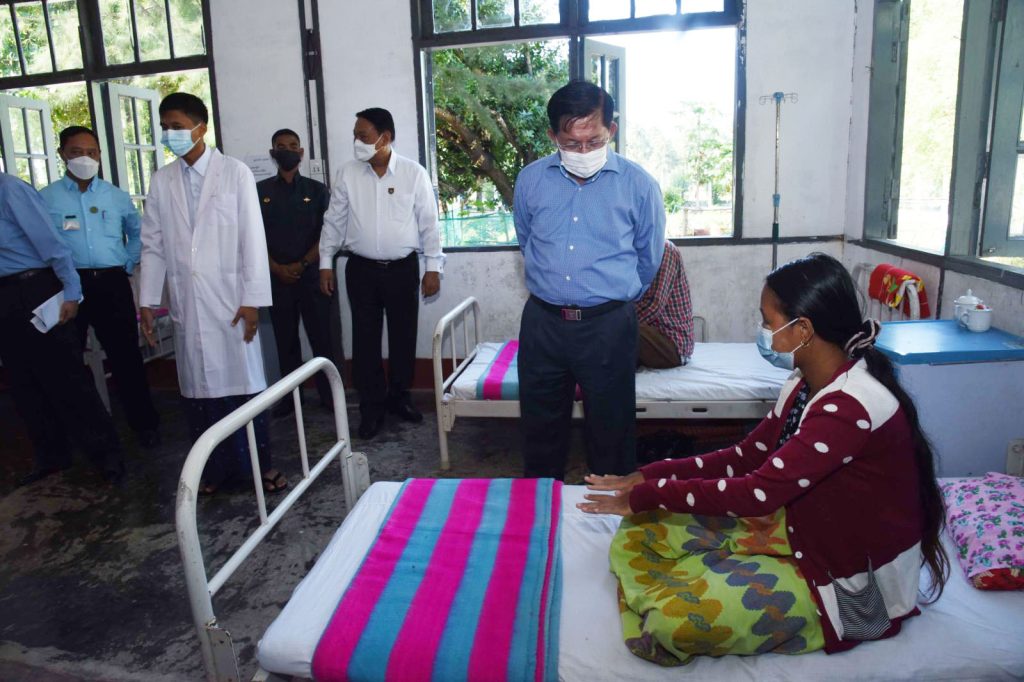
Junta chief Snr-Gen Min Aung Hlaing has said he will fill by any means vacancies caused by civil servants on strike in opposition to military rule. He claimed that some civil servants were being forced to join the Civil Disobedience Movement by people wishing to disrupt the administrative mechanism of the regime. The coup leader made the comments as he met government employees and community elders in Yangon’s Cocokyun Township on December 28.
But over ten months after the coup, the regime still can’t fill the vacancies left by striking civil servants. Nor has the coup leader clarified exactly how he plans to fill the vacancies.
Since the February 1 coup, over 400,000 civil servants from the country’s health, education, transportation and other sectors have refused to work under military rule. To force them to return to work, the regime has employed a number of methods including arrest and prosecution, eviction from government-provided staff quarters, threats of dismissal and the detention of family members of striking government employees. At the same time, the regime has also tried a softer approach, saying it would withdraw lawsuits against striking civil servants if they return to work.
In 1988, the majority of government employees who joined the general strike as part of the pro-democracy uprising returned to work when the military used the same threats. But in 2021, most civil servants are doing the opposite, showing their determination to end military dictatorship in Myanmar.
You may also like these stories:
Myanmar Junta’s Worst Massacres of 2021
Student Activist Dies in Myanmar Junta Custody

















